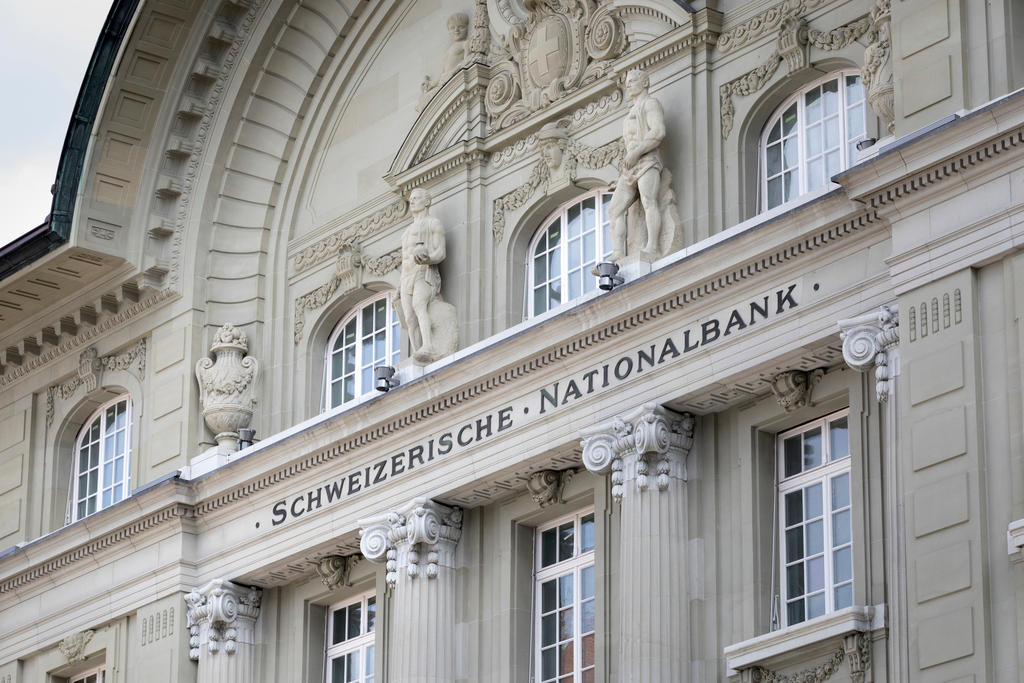
Swiss central bank records huge profits after franc slide

The Swiss National Bank (SNB) was less active on the foreign exchange markets last year, acquiring CHF48.2 billion ($50.8 billion) in foreign currency to weaken the franc. On Thursday, the central bank nonetheless confirmed massive profits on currency holdings in 2017.
In 2017, the SNB purchased CHF48.2 billion in foreign currency to stop the Swiss franc appreciating – down from CHF67.1 billion in 2016. But the value of the SNB’s foreign currency investments nevertheless rose CHF94 billion to CHF791 billion, which contributed to the central bank’s profit last year.
“[These interventions] occurred mainly during periods of uncertainty, when the Swiss franc was particularly sought-after as a safe investment,” the SNB said in its annual report published on ThursdayExternal link. The first half of 2017 was dominated by political uncertainty in Europe, it added.
+ More on the SNB president and his fight against the strong franc
After the French elections, the Swiss franc began weakening against the euro towards the end of July, and this process continued in 2017, the SNB wrote. One euro is currently worth CHF1.17, compared to CHF1.07 a year ago. From September, the franc also weakened against the US dollar.
“Growing confidence about the economic recovery of the eurozone area and the momentum of the global economy were the main drivers. Safe-haven demand for the Swiss franc receded against this backdrop,” the SNB wrote.
The central bank confirmed a record CHF54 billion overall profit in 2017 – up from CHF24.5 billion in 2016 – largely caused by the drop in the franc against the euro. On top of earnings from foreign currency positions, the SNB had gold holdings worth CHF3.1 billion.

In compliance with the JTI standards
More: SWI swissinfo.ch certified by the Journalism Trust Initiative





























You can find an overview of ongoing debates with our journalists here . Please join us!
If you want to start a conversation about a topic raised in this article or want to report factual errors, email us at english@swissinfo.ch.